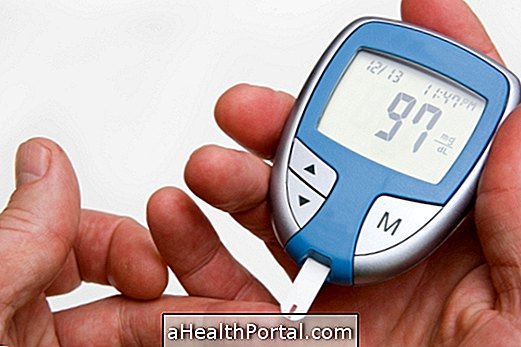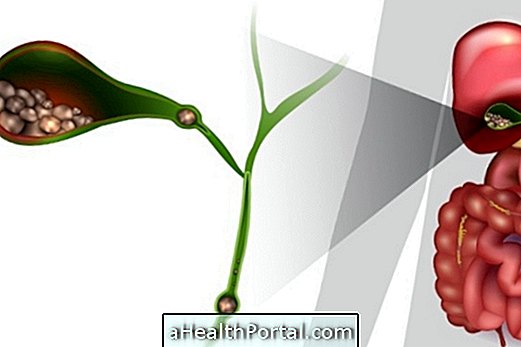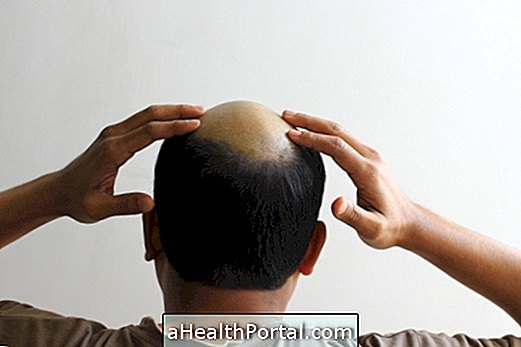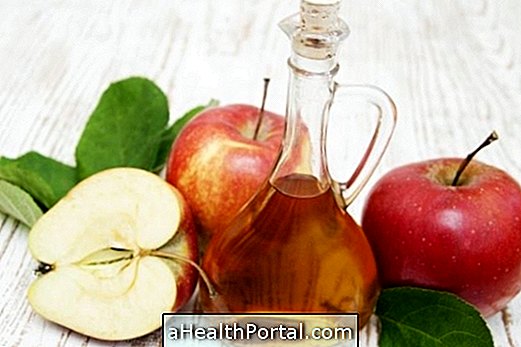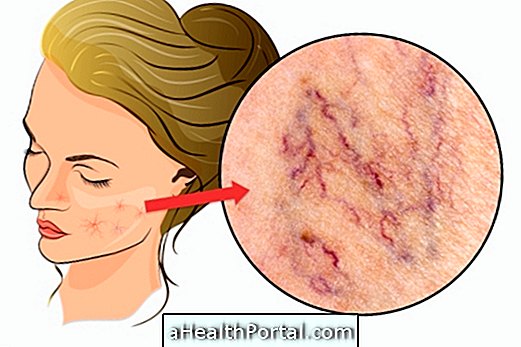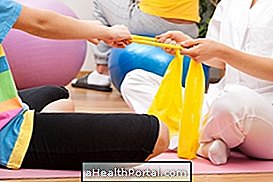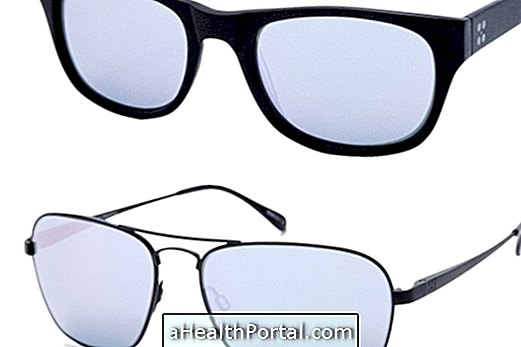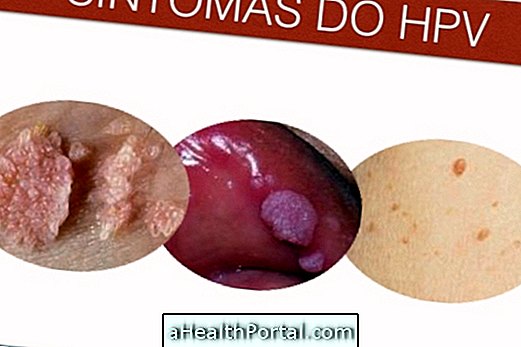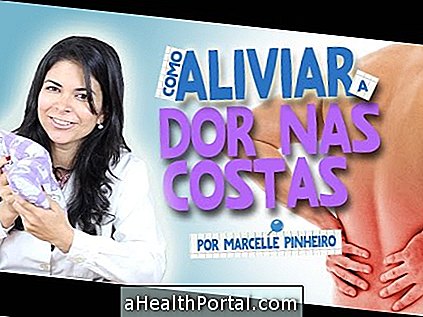To avoid the 5 most common and easily acquired viral diseases, such as colds, flu, viral gastroenteritis, viral pneumonia and viral meningitis, it is essential to wash hands frequently with soap and water, especially after meals, after using the toilet, before and after a visit to a sick person, whether in hospital or at home.
Other measures not to catch these or other viral diseases such as hepatitis, measles, mumps, chickenpox, herpes in the mouth, rubella, yellow fever or any virus include:
- Have an antiseptic gel or antiseptic moist wipes in the bag and always use it after riding a bus, visiting a sick person, using a public restroom, going to the airport or strolling through the mall because any virus can be transmitted through the hands you have been in contact with with saliva or secretions from the sneeze of an infected person;
- Do not share cutlery and glasses, for example, or school snack in case of children, as the virus can be transmitted through the mouth;
- Avoid living or being around sick people, especially indoors, where it is easier to get contaminated, avoiding places such as shopping malls, birthday parties or buses, because the risk of contagion is greater;
- Avoid placing your hand on the escalator railing or door knobs in public places, such as elevator buttons, for example, because there is a greater likelihood of being contaminated with the virus from the infected hands who coughed;
- Avoid eating raw foods, especially outside the home, because the risk of contamination is greater in foods that are raw and that have been prepared by a sick food handler;
- Use mask whenever it is necessary to be in contact with an infected patient.



However, to prevent any viral illness it is important to have a strengthened immune system and for this, it is recommended to sleep about 8 hours a day, to practice physical exercise regularly and to make a balanced diet, rich in fruits and vegetables.
In addition, drinking critical juices, such as orange, lemon or strawberry juice and drinking echinacea tea, are also good strategies to keep the immune system strengthened, especially in times of epidemic.
How to avoid other diseases caused by viruses
Other viral diseases that need to be prevented differently include:
- Ebola: It is important to avoid any contact with sick people or infected animals. Learn how to protect yourself in: What to do not to catch Ebola;
- Dengue : avoid dengue mosquito bites using insect repellent and avoid leaving the water so that the mosquito can multiply. Learn more in: How to protect yourself from Dengue;
- Aids : using condoms on all intimate contacts, including oral sex, not sharing syringes and wearing gloves to touch blood or other secretions of a contaminated individual;
- Genital herpes : use condoms on all intimate contacts, including oral sex, avoid contact with herpes sores and do not share bedclothes or towels with an infected individual;
- Anger : vaccinate domestic animals and avoid contact with street animals, including wild animals such as rats, sago or squirrels, for example;
- Childhood paralysis: the only form of prevention is to take the vaccine against polio at 2, 4 and 6 months of age and the booster at 15 months of age;
- HPV : Take the HPV vaccine, use condoms on all intimate contacts, including oral sex, avoid touching the infected person's warts and not share underwear, bedding, or towels;
- Warts : Avoid touching other people's wart or scratching your own wart.
Despite this, vaccination, where available, is the most effective way of preventing viral diseases, so it is important to have the vaccination schedule updated and every year, especially in the case of the elderly, to take the flu vaccine at the post or in pharmacies.


